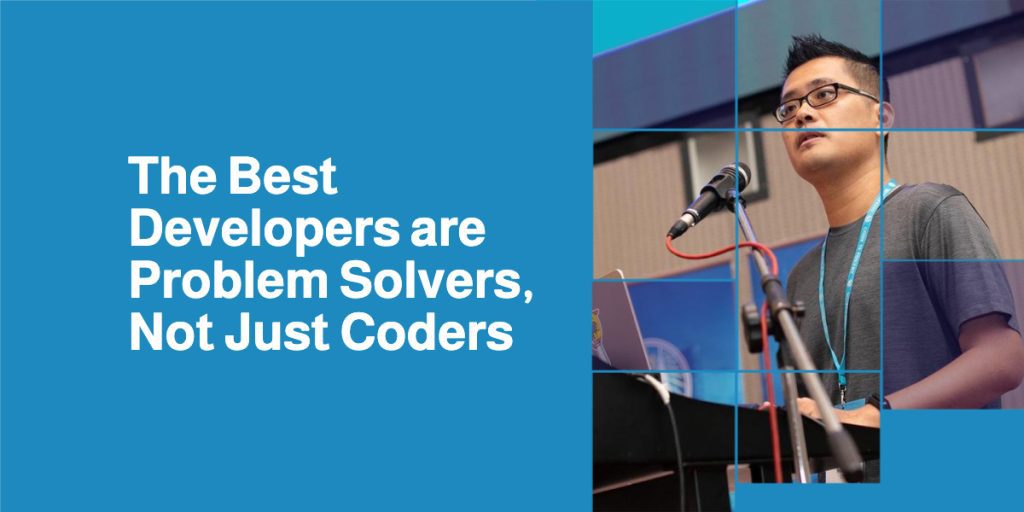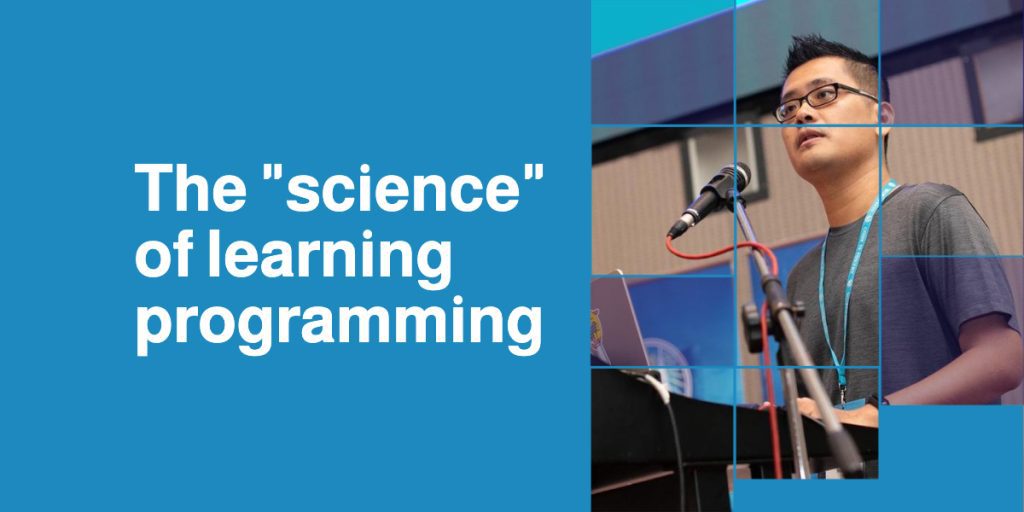Picture this: you’re a chef. You know your way around every gizmo in your kitchen, and you could recite recipes in your sleep (even that incredibly complex French dessert that takes three days to prepare and is devoured in three minutes). Impressive, right?
Well, let’s pump the brakes a bit, Gordon Ramsay.
Just like in the culinary world, in software development, knowing a dozen programming languages and mastering countless coding techniques is cool (let’s face it, it’d probably make you the life of the party at any developers’ meetup).
But does it make you the LeBron James of developers? Eh, not really.
The true magic trick, the pièce de résistance if you will, happens when a developer can look at a problem a business is facing, wave their magic code wand, and say “Abracadabra, let’s turn this issue into a software solution.”
The Misconception of Mastery
In the mystical world of software development, there’s this fairy tale that just loves to make the rounds: “If you know more languages and frameworks than there are stars in the galaxy, you’re obviously the best developer.”
Cool story, but not quite.
While being a linguistic chameleon in coding languages does pimp out your toolkit, it’s not the be-all and end-all of being a good software developer.
The key isn’t in the number of tools you have in your Batman utility belt, but in the mastery of using the right Bat-gadget for the right villain (problem).
In essence, a successful developer isn’t determined by how many languages they’ve mastered, but how they employ their skills to vanquish real-world problems.
The Art of Understanding Business Problems
Before even putting fingers to keyboard, the first move for a software developer is to delve deep into understanding the business problem at hand.
This journey starts with empathy, a simple yet potent tool.
This might be a tad too much empathy
By walking a mile in the customer’s shoes, we gain the perspective needed to craft a solution.
Next, it’s all about turning into a detective and asking a barrage of questions to clear any doubts.
This also helps uncover the ‘why’ behind each business need.
Lastly, you need a healthy sprinkle of curiosity. Be a sponge, absorb information about the business, the industry, and the people working within it.
Turning Business Problems into Software Solutions
Now that we’ve gone full Sherlock and have a profound understanding of the business problem, the next trick up our sleeves is translation.
Just like a linguist would translate a complex piece of literature from one language to another, a software developer must translate the lingo of business problems into the vernacular of software requirements.
- The first step is to break down the problem into digestible pieces. Think of it like disassembling a Lego set. This is where your analytical prowess really comes into play.
- Next, identify the crucial bits of each piece and describe them in a way that syncs with software capabilities.
- The final act in this magic show? Communicating these software requirements in a language that even your grandma could understand.
The Role of Interests and Hobbies in Problem Solving
Of course, all the technical skills in the world mean little if they aren’t applied in a way that resonates with real people dealing with real problems.
A savant-like understanding of business problems and coding languages is a killer combo, but there’s an extra ingredient that can add some serious flavor to this mix: the developer’s personal interests and hobbies.
It’s like garnishing a dish with just the right herb.
Personal passions can provide that unique perspective, that intimate familiarity, which can transform an excellent solution into an outstanding one.
With that in mind, let’s take a closer look at…
When Personal Passions meet Domain Knowledge
To illustrate this, let’s imagine a software developer who’s also a running fanatic. They get the world of running – the training, the races, the struggle, and the exhilaration.
Now, this developer gets assigned to create a running app for a company.
Their personal passion for running, coupled with their understanding of the business’s goals, equips them with a unique perspective that can drive the development of a more tailored, user-centric software solution.
This is the power of intertwining personal interests with domain knowledge.
It leads to a deeper understanding of the business problem, more innovative solutions, and a higher degree of user empathy.
Time for a Paradigm Shift
In the universe of software development, it’s not about how many languages you speak or how many frameworks you’ve mastered.
What defines a successful developer is the ability to comprehend business problems, translate these into software requirements, and craft solutions that make a tangible difference.
So, it’s high time we redefine our perception of what it means to be a software developer. It’s not about being a jack-of-all-trades, mastering every tool we can lay our hands on.
It’s about being a problem-solver, a translator, a creator of solutions. It’s about merging our technical skills and personal passions to drive business success in the digital age.
And if that doesn’t sound like a superhero job description, I don’t know what does!






